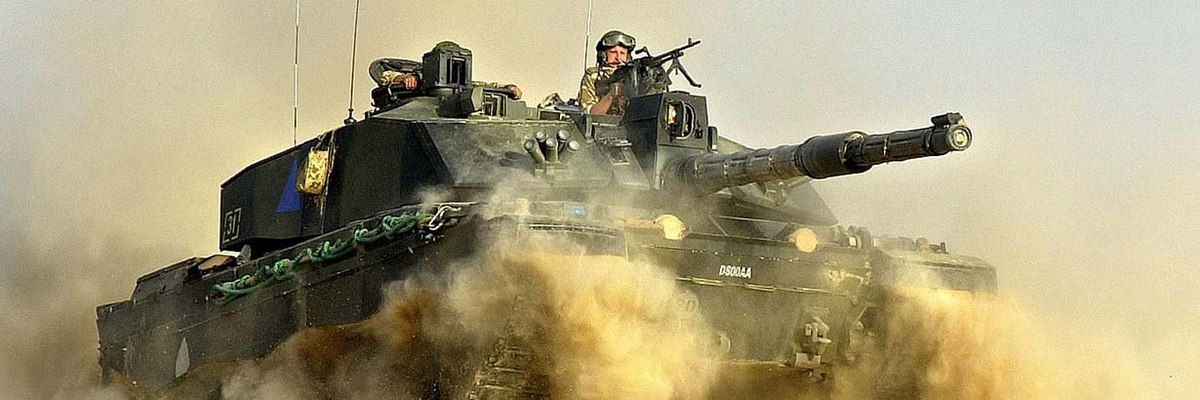Britons are split on how successful the UN is in preventing wars. A third would like to see the organisation having more influence in the world, but opinions differ on whether the UN should have its own army or not
The United Nations (UN) was formed after the Second World War with the mission to maintain international peace and security.
Britons are split on how successful the UN is in implementing this task. While 38% think it is successful in averting global conflicts, 43% think it is not, and 18% say they don’t know.
Britons who are in favour of NATO are divided on the matter: 43% think the UN is effective in preventing wars while 43% think it is not effective in preventing wars.
A third of Britons (33%) support the idea of the UN having more influence than now.
The results show a considerable fall in British support for the UN having more influence, compared to the study we ran two years ago when 46% were in favour.
One in eight Britons (11%) would like to see the UN have less influence than now, while a quarter (27%) think it should stay as it is.
Of those who question the UN's efficacy in preventing wars, 39% advocate for its expanded role on the world stage, compared to 19% who would like for it to have less influence.
The idea of forming a UN army has been a matter of debate for years. The United Nations Charter – the founding document of the organisation – also foresees the use of military forces of its members for armed missions in the world.
Public opinion in Britain is divided on this issue, with 31% in favour, 30% opposed, and 39% undecided.
Both Labour and Conservative supporters from the 2019 elections are equally split on the issue. Three in ten Labour (29%) and a third of Conservative voters (33%) would support a UN army. On the opposite end are 36% of those who voted Conservative and 31% of Labour voters from 2019.
Among Britons who do not think the UN is effective in preventing conflicts in the world, 44% would oppose the creation of a UN army while 24% would support it.








